Traffic system in Ho Chi Minh City. Photo: Nam Phong
Looking back at Vietnam's achievements after nearly 40 years of Renovation, diplomacy has played an essential role in raising the country's position, transforming Vietnam from a country that was once absent from the world political map into a country with an increasingly prominent role in global politics.
Changing foreign policy thinking
Innovation is not just about policy making, it is also about changing thinking. Innovation was born out of necessity, but it quickly developed into a strategic requirement for the development of the nation and the country.
In the years after 1986, Vietnamese diplomacy was characterized by cautious expansion of relations. Resolution 13/NQ-TW of the 6th Politburo , issued on May 20, 1988, with the full name "On foreign affairs tasks and policies in the new situation", is considered an important historical document, marking a fundamental change in Vietnam's foreign policy thinking and paving the way for strong international integration later on.
The important significance is that the resolution changes the way of thinking about the world from an "arena" of class struggle to a world where peaceful coexistence , cooperation and competition can occur.
The resolution also affirmed that Vietnam's strategic goal and highest interests are to "consolidate and maintain peace to focus on economic construction and development".
In terms of diplomacy, Vietnam shows its desire to expand relations with all countries, including those with different political regimes, to serve the country's development.
On July 11, 1995, Vietnam and the United States normalized diplomatic relations between the two countries. In the photo, US President Bill Clinton shakes hands with people in Hanoi during his official visit to Vietnam in November 2000. Photo: Viet Dung
Vietnam's normalization of relations with China in 1991 and the United States in 1995 were turning points, demonstrating Vietnam's commitment to overcoming ideological barriers.
These were not easy negotiations, fraught with historical baggage and lingering suspicions. At the time, Vietnam was still a country cautiously emerging from decades of isolation, with a fragile economy and a foreign policy still shaped in part by historical factors and traditional ties.
However, Vietnamese leaders have persisted with the goal of "rich people, strong country" and raising Vietnam's position in the world.
This approach has formed the basis of what Vietnam calls its “multilateralization and diversification” foreign policy. This is a strategy built on the principle of “being friends with all countries,” pursuing relations with all countries regardless of their political systems or levels of development.
Foreign diplomats who visited Vietnam in the late 1990s witnessed the country’s active participation in the global political economy. Joining multilateral organizations such as the Association of Southeast Asian Nations (ASEAN), the Asia-Pacific Economic Cooperation (APEC) forum, and pursuing membership in the World Trade Organization (WTO) helped Vietnam gradually shed its image as a war-torn country and gradually become seen as a rising economic player.
By the early 2000s and beyond, the shift became undeniable.
General Secretary Do Muoi held talks with General Secretary and President of China Jiang Zemin in Beijing on November 6, 1991. This was the year the two countries officially normalized relations. Photo: VNA
Each diplomatic relationship, each membership, is strategically utilized by Vietnam to serve its core interests: maintaining peace and stability, attracting foreign investment, expanding export markets, developing the economy and enhancing its international position.
Indeed, the most obvious impact of this foreign policy shift is on Vietnam's economic picture.
With its open-door policy and its friendship with all countries, Vietnam has attracted a large number of investors from East Asia, Europe and North America. The initial foreign investment flow was only a trickle, then became a large flow when Vietnam actively participated in global free trade zones.
Embracing free trade and investment strategies has made Vietnam an important part of the global supply chain, especially in sectors such as electronics, textiles and footwear.
Major multinational corporations, from Samsung and Foxconn to Nike and Adidas, have established significant manufacturing operations in Vietnam, attracted by competitive labor costs, a stable political environment and membership in multiple free trade agreements.
"The times when diplomacy is most difficult are also the times when it becomes most important" - Tom Fletcher, a British diplomat, emphasized the importance of diplomacy in preventing conflicts, finding peaceful solutions and protecting national interests most effectively.
New image on the international arena
A close friend of mine, South Korean diplomat Cho Dong Hwa, who served in both Hanoi and Ho Chi Minh City, told me of his admiration for Vietnam's development over the nearly two decades he has witnessed.
Veteran diplomat Cho was impressed not only by the growth figures, by the amount of material goods the Vietnamese people owned and how their lives had improved, but also by the image of a people confidently embracing their future, ready to play an even more important role in the unfolding global story.
Vietnam has not only multilateralized and diversified its foreign relations but also redefined its position in the world.
On November 7, 2006, Vietnam became the 150th member of the World Trade Organization (WTO) at the admission ceremony in Geneva (Switzerland). Photo: AFP
Justin, an American diplomat, also expressed regret at having to end his three-year term in Vietnam. What really interested the American diplomat was Vietnam's confidence in becoming an increasingly dynamic and influential factor on the international stage.
This is evident in Vietnam’s proactive participation in multilateral forums and its willingness to contribute to regional and global challenges. The desire for peace and the determination to build friendly relations with all countries have helped Vietnam overcome old prejudices and build a new image in the international arena.
As of August 2025. Graphics: Hai Ha
Vietnam's growing confidence is also reflected in its handling of complex geopolitical issues, especially in the South China Sea.
While steadfast in defending its sovereignty, Vietnam has consistently pursued peaceful settlement of disputes through international law and diplomatic dialogue, supporting a rules-based order in the region.
Vietnam has also actively participated in UN peacekeeping operations, sending medical and engineering troops to missions in South Sudan and the Central African Republic. This is a major step forward, from being a recipient of assistance to a contributor to global security.
In their conversations with me, diplomats from Australia and Canada also highly appreciated Vietnam's participation in United Nations peacekeeping operations.
Simply because Vietnam understands that economic development can only be sustainable in a peaceful and stable environment.
These stories capture some of the sentiments of foreign diplomats witnessing Vietnam's profound and transformative economic reforms - a journey from cautious opening to vibrant integration into the global economy and politics.
Diplomats were also impressed by how Vietnam has skillfully maintained a delicate balance in relations with major powers, as well as being a positive factor for peace, stability and development in the region and the world.
When foreign diplomats leave Vietnam, they always keep a beautiful image of the development journey of a country full of optimism and confidence.
A country, once the shadow of conflict, is moving forward on the path towards peace, prosperity and global integration.
Tuoitre.vn
Source: https://tuoitre.vn/40-nam-doi-moi-viet-nam-trong-cau-chuyen-toan-cau-20250828140436524.htm



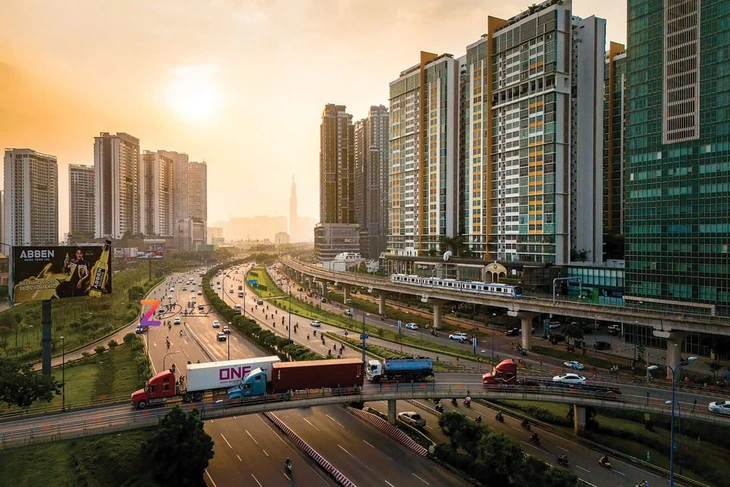
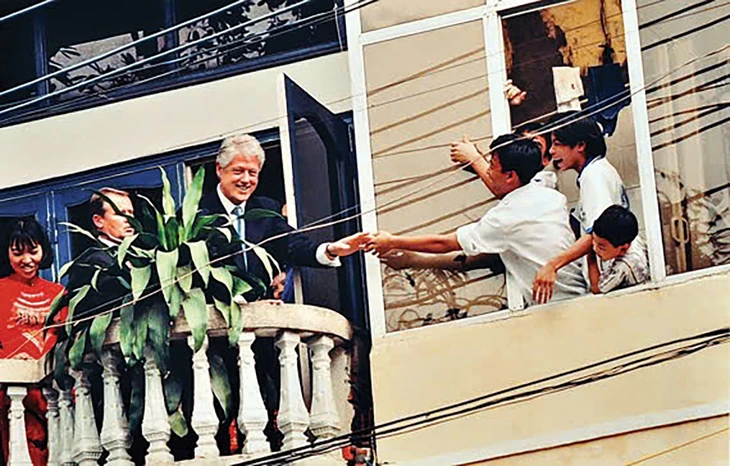
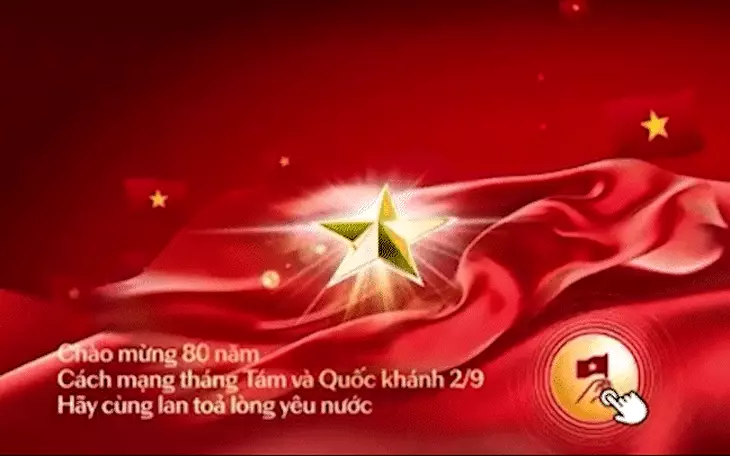
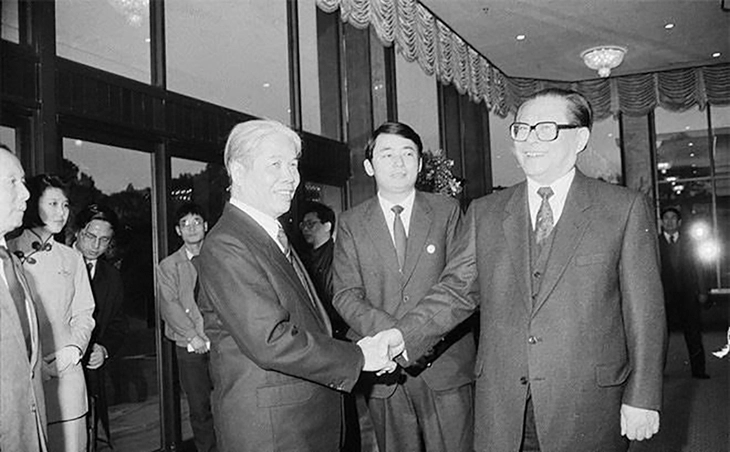
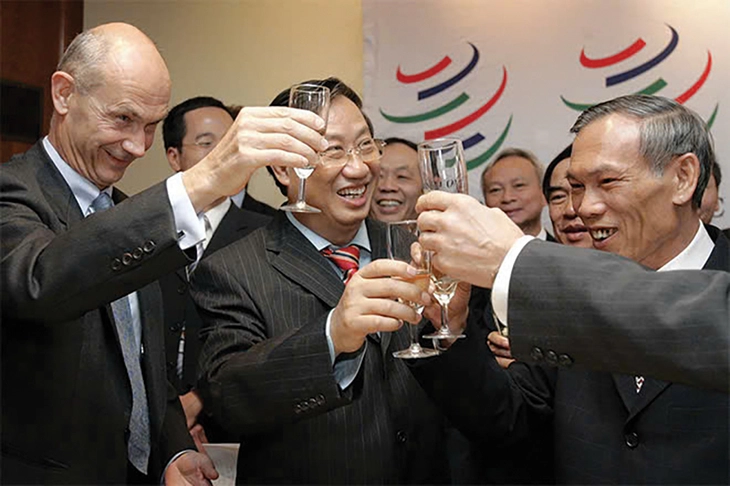

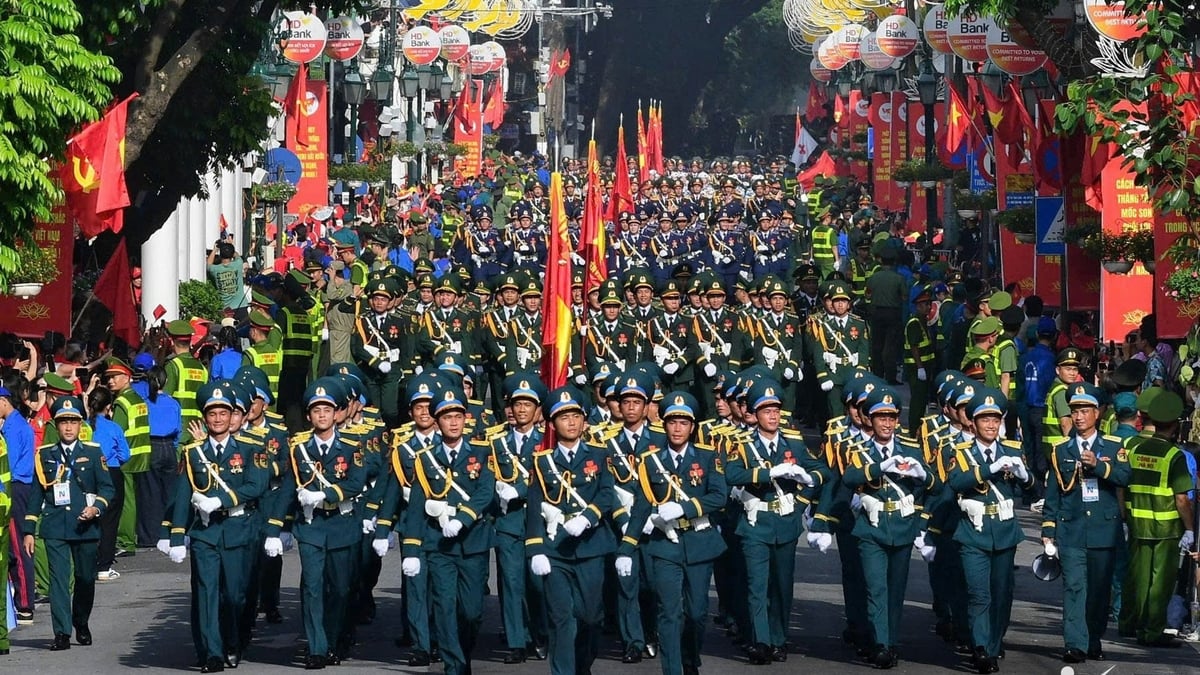


![[Photo] National Assembly Chairman Tran Thanh Man receives First Vice Chairman of the Federation Council of Russia](https://vphoto.vietnam.vn/thumb/1200x675/vietnam/resource/IMAGE/2025/9/2/3aaff46372704918b3567b980220272a)
![[Photo] National Assembly Chairman Tran Thanh Man meets with First Secretary and President of Cuba Miguel Diaz-Canel Bermudez](https://vphoto.vietnam.vn/thumb/1200x675/vietnam/resource/IMAGE/2025/9/2/c6a0120a426e415b897096f1112fac5a)
![[Photo] Lao President Thongloun Sisoulith and President of the Cambodian People's Party and President of the Cambodian Senate Hun Sen visit the 95th Anniversary Exhibition of the Party Flag Lighting the Way](https://vphoto.vietnam.vn/thumb/1200x675/vietnam/resource/IMAGE/2025/9/2/3c1a640aa3c3495db1654d937d1471c8)
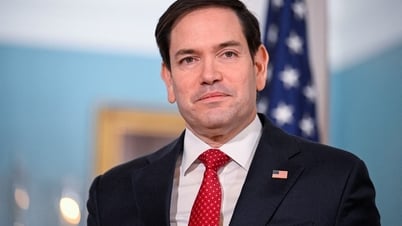



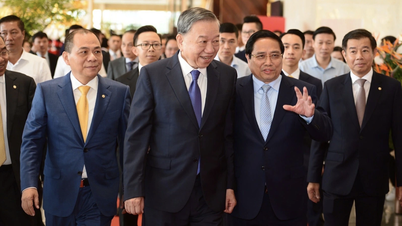







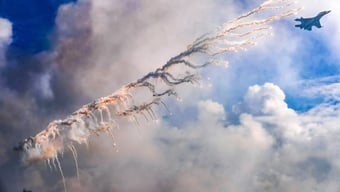
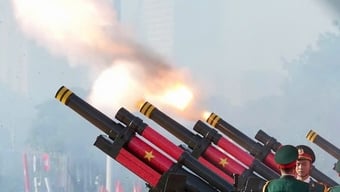
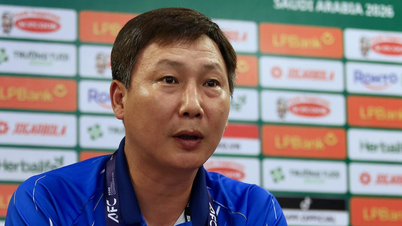

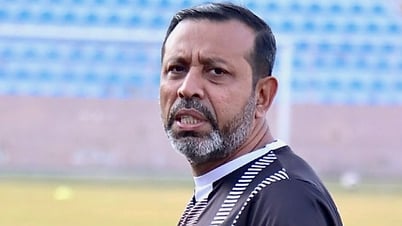
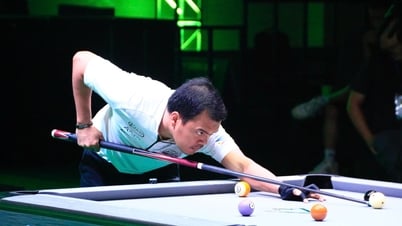
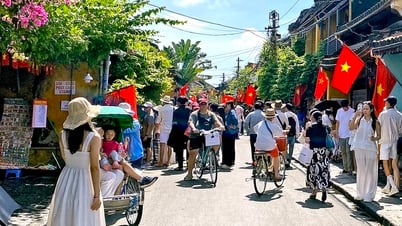
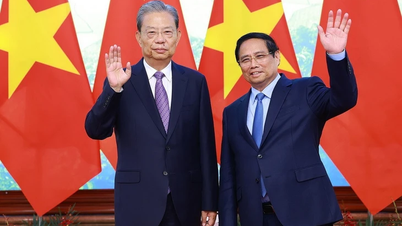
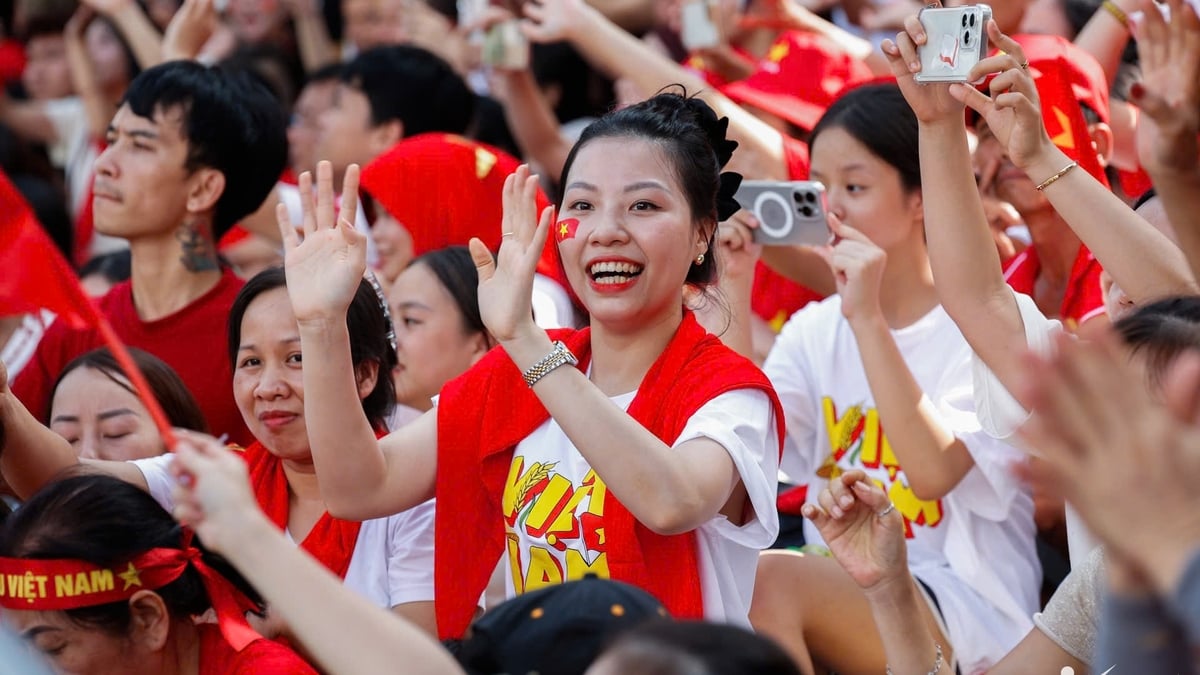
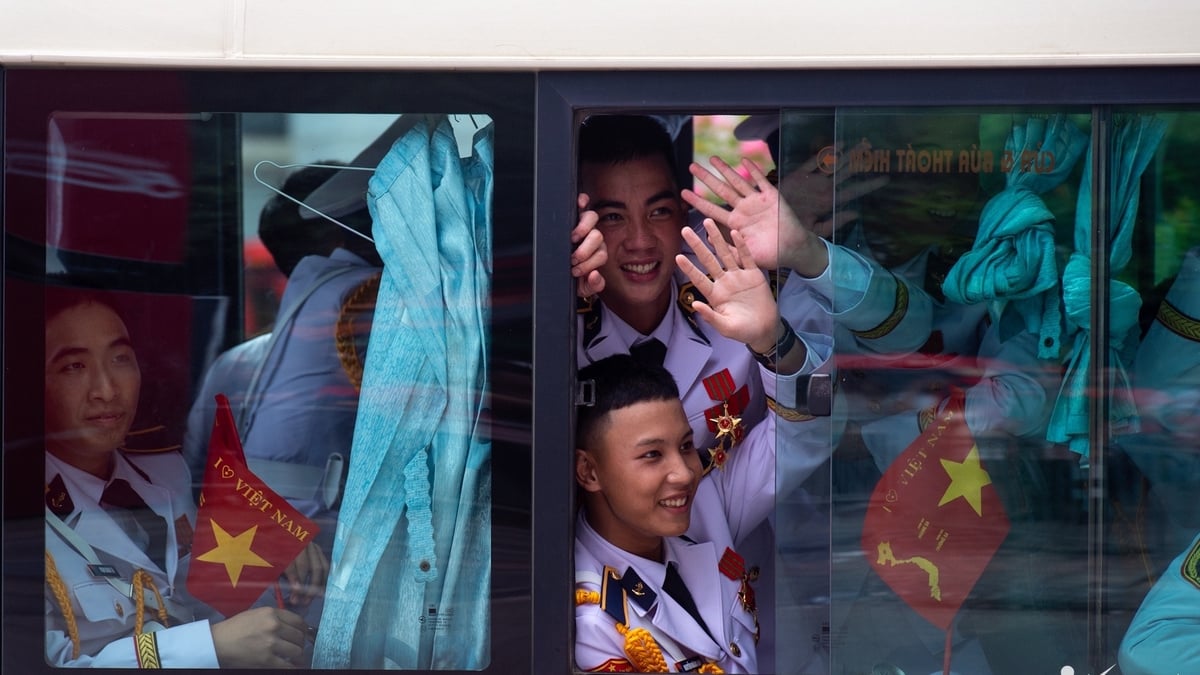







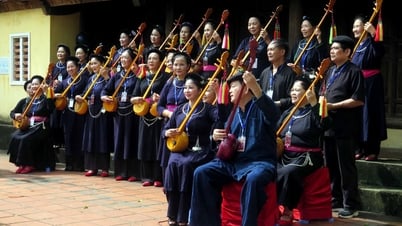

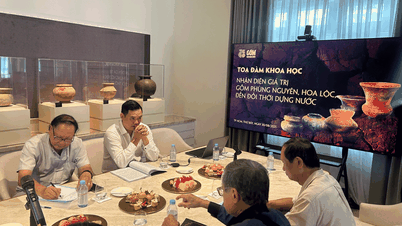

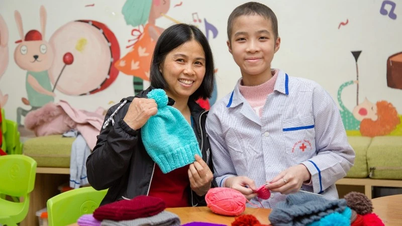
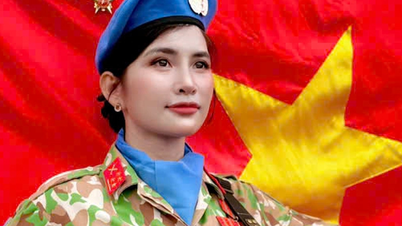

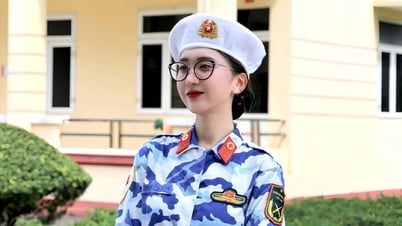

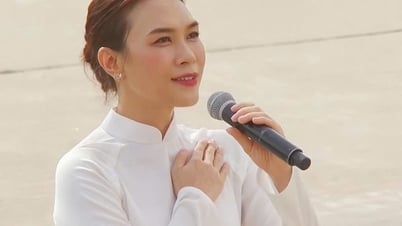


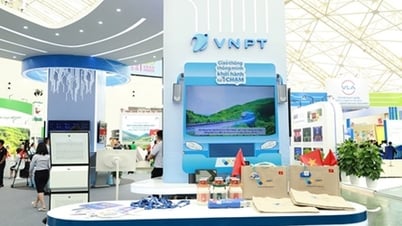






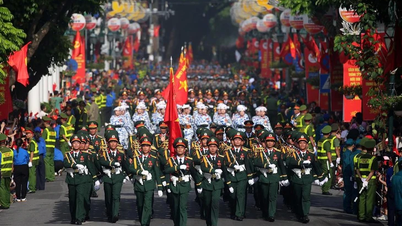
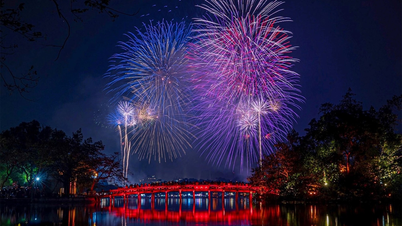
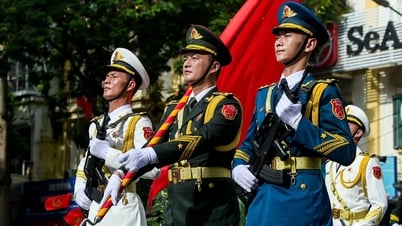
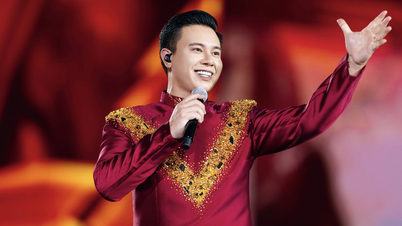


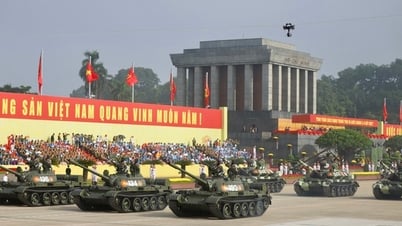
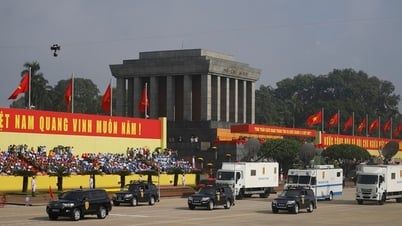

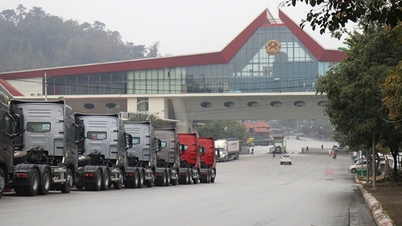

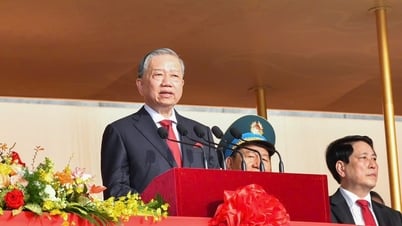



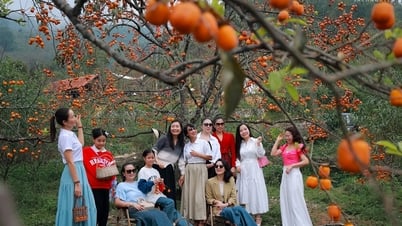



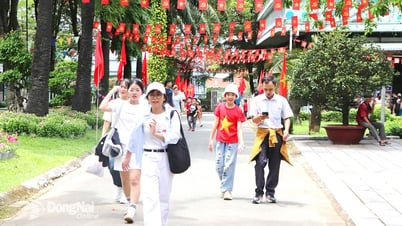

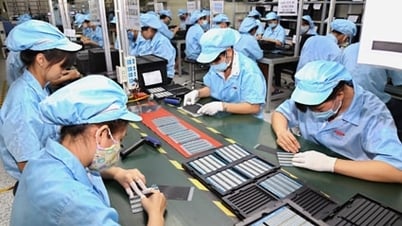

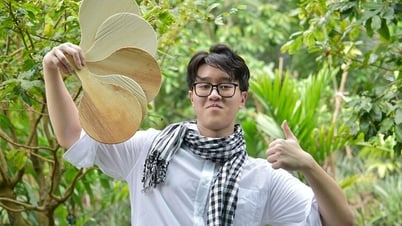

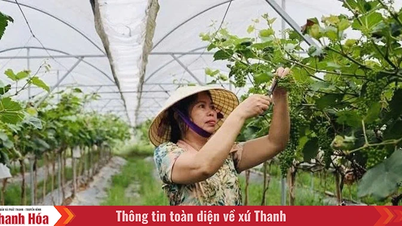

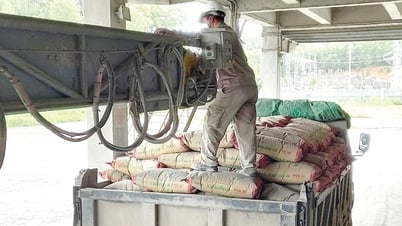

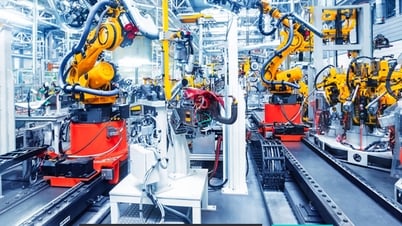

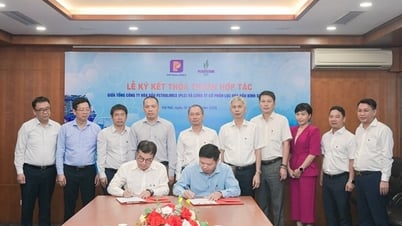

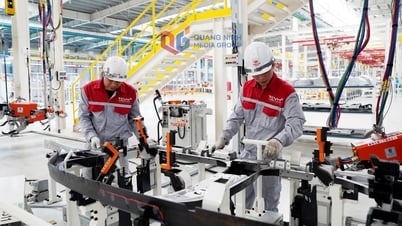



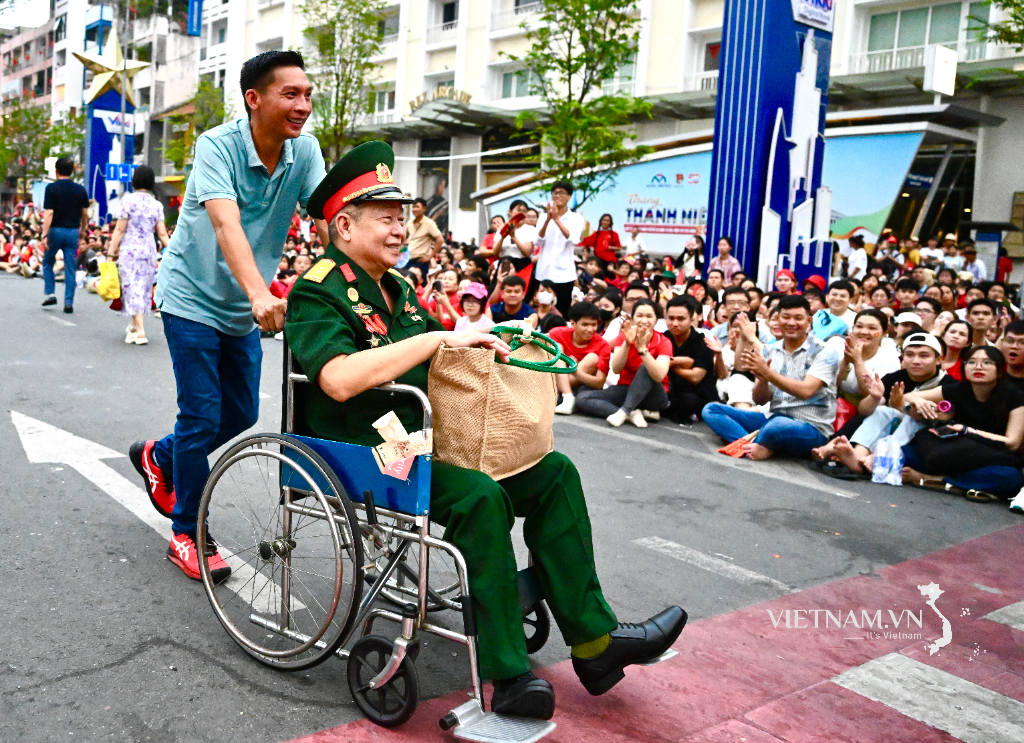

Comment (0)